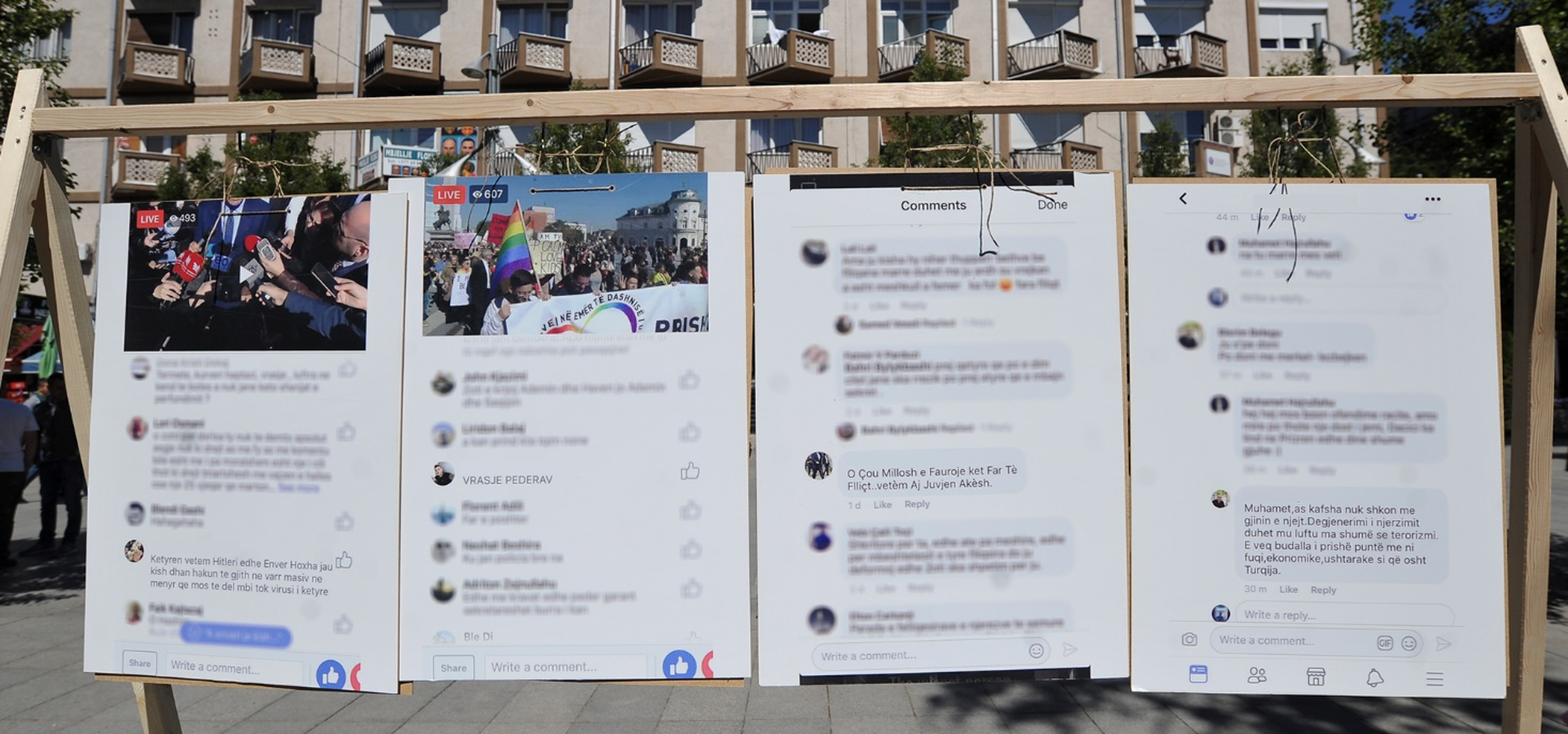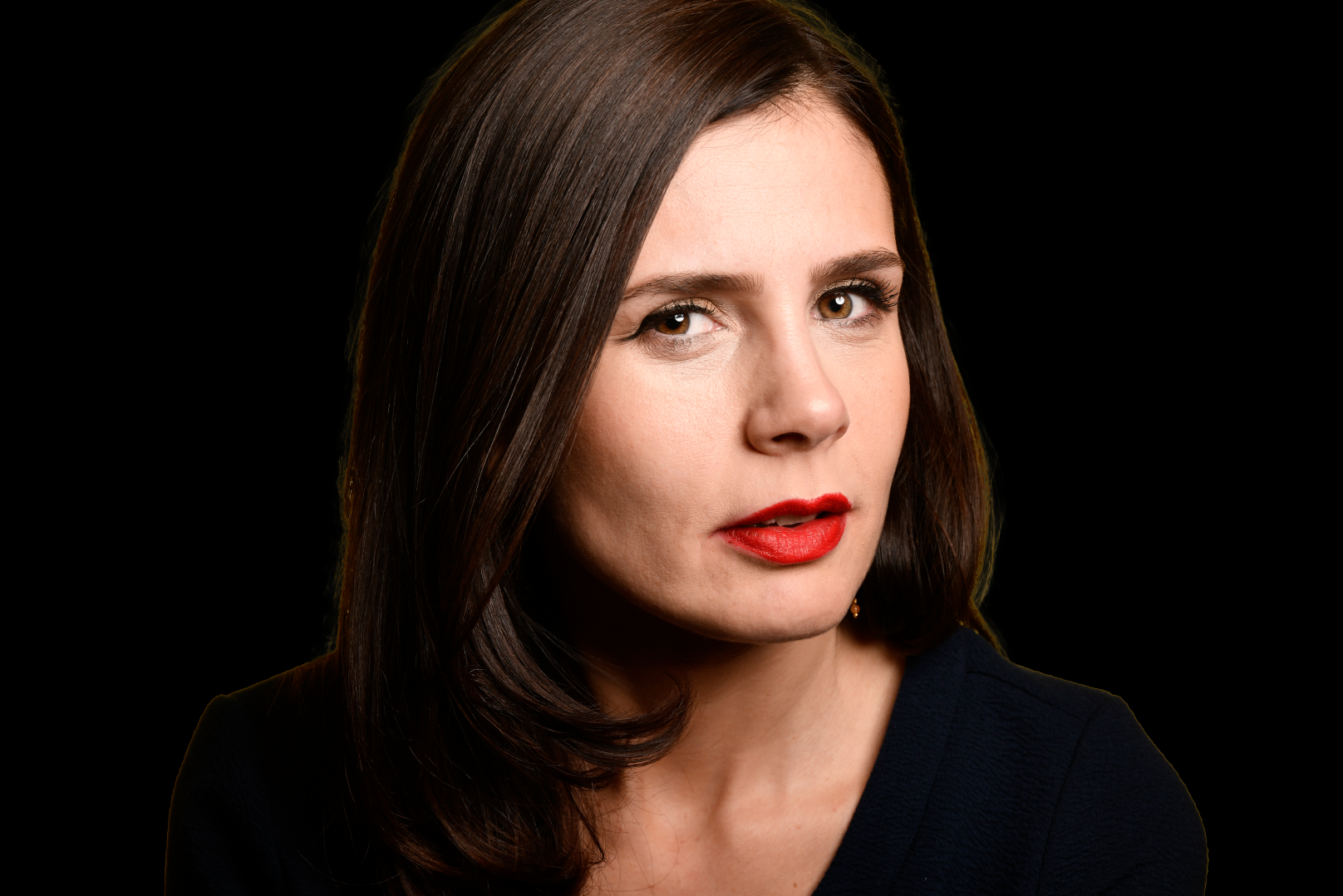
Hate speech highlighted on IDAHOT
LGBTI rights activists showcase abuse received.
“One of the things I received is this video that shows ISIS fighters throwing a gay person from a roof, with a comment that this will happen to me.”
Lendi Mustafa, LGBTI rights activist
Dafina Halili
Dafina Halili is a senior journalist at K2.0, covering mainly human rights and social justice issues. Dafina has a master’s degree in diversity and the media from the University of Westminster in London, U.K..
This story was originally written in English.